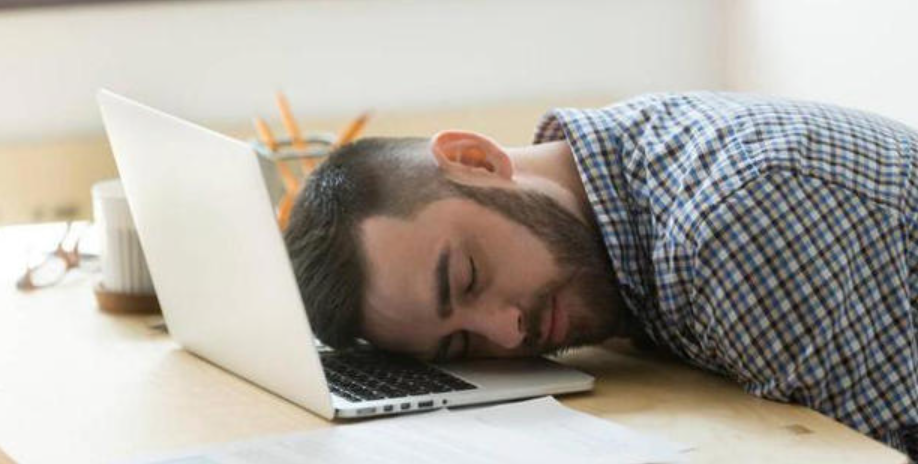
I. How Does Stress Accelerate Aging?
- The Damaging Power of Stress Hormones Prolonged high-stress levels lead to continuous secretion of cortisol, a hormone that breaks down collagen, causing skin sagging and wrinkles. More frighteningly, it also inhibits the self-repair ability of skin cells.
- Oxidative Stress Reaction Stress triggers a large production of free radicals in the body, attacking normal cells and causing DNA damage. This oxidative stress is a significant driver of aging, affecting not only appearance but also accelerating organ function decline.
- Telomere Shortening Phenomenon Studies have found that people who bear long-term pressure show a noticeable shortening of their chromosome telomeres (“caps” protecting DNA). Telomere length is considered a critical indicator of biological age.
II. Five Major Aging Factors Worse Than Staying Up Late
- Chronic Stress (The Invisible Killer) Continuous work pressure, family responsibilities, financial burdens, and other chronic stresses are far more harmful than occasional late nights. They comprehensively affect the endocrine, immune system, and nervous system.
- Prolonged Sitting (A Modern Epidemic) People who sit continuously for over 6 hours daily have a physiological age on average 8 years older than their actual age. Prolonged sitting slows metabolism, leading to muscle loss and fat accumulation.
- Dietary Imbalance (Nutrient Deficiency) Diets high in sugar, salt, and oil can trigger chronic inflammation, a crucial mechanism accelerating aging. Additionally, insufficient intake of fruits and vegetables leads to a lack of antioxidants.
- Negative Emotions (Psychological Toxins) Long-term depression, anxiety, anger, and other negative emotions generate toxic stress, more destructive than mere work pressure.
- Staying Up Late (Superficial Harm) Although staying up late indeed impacts skin condition and body repair, compared to the first four factors, its effects are relatively manageable and recoverable with timely adjustments.
III. Anti-Stress and Anti-Aging Strategies for Working Men
- Establishing Stress Relief Mechanisms Allocate 15-30 minutes daily for “stress-relief time,” which could involve exercise, meditation, or simple breathing exercises. The key is consistency rather than waiting until stress becomes overwhelming.
- Fragmented Exercise Strategy Stand up and move around every hour in the office for at least 2 minutes, doing stretches or squats. Ensure at least 150 minutes of moderate-intensity exercise weekly.
- Key Dietary Adjustments Increase omega-3 fatty acid intake (e.g., deep-sea fish, nuts), which can reduce inflammatory responses caused by stress. Also, ensure sufficient dietary fiber and antioxidants.
- Improving Sleep Quality Even if early bedtime isn’t possible, focus on enhancing sleep quality. Stay away from electronic devices an hour before bed, keep the bedroom dark and cool, and consider white noise for better sleep.
- Social Support System Build a reliable social circle and regularly communicate with friends. Men often struggle to express stress, but talking truly is an effective way to relieve it.
IV. Special Reminder: These Signals Indicate You’re Under Too Much Pressure
- Persistent fatigue that doesn’t improve even after rest.
- Frequent colds or mouth ulcers indicating decreased immunity.
- A significant increase in hair loss.
- Blood pressure fluctuations or palpitations.
- Decreased libido.
- Memory decline and difficulty concentrating.
Stress management isn’t a luxury but a necessity for modern life. Instead of spending heavily on anti-aging products, address this fundamental issue first. Remember, combating aging isn’t about racing against time but learning to coexist with stress. From today, make a commitment to yourself to reduce stress and prevent invisible pressures from stealing your youthful vitality.
